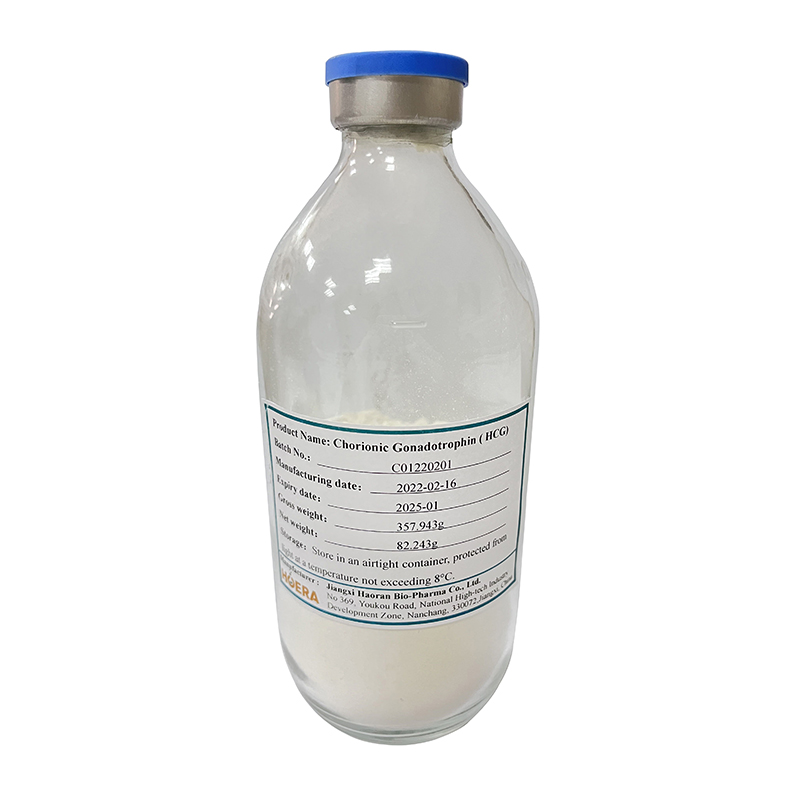The blood clot conditions deep vein thrombosis (DVT) and pulmonary embolism are serious medical conditions that are often underdiagnosed. However, DVT is preventable and treatable if discovered early. To help improve your chances of catching a blood clot at an early stage, let’s dive into what blood clots are, who is at higher risk for developing one and when you should call your provider.
A blood clot is a clump of blood that forms in a blood vessel, such as a vein or an artery. If a clot gets stuck in a blood vessel, it can cause serious problems like a deep vein thrombosis (DVT) or a pulmonary embolism. Anovulatory Infertility

A DVT is a blood clot in certain veins of the legs, pelvis or arms. It most often occurs in the legs. Blood clots in these veins need to be treated because they can get bigger, break loose, and travel through the bloodstream to the heart and then to the lungs. This causes a pulmonary embolism.
A pulmonary embolism is a sudden blockage of an artery in the lung. Blood clots in the deep veins of the leg are the most common cause of pulmonary embolism. In many cases, these clots are small, but they may damage the lungs. However, if the clot is large and stops blood flow to the lungs, it can be life-threatening.
A few factors that can increase your risk for a blood clot include:
Slowed blood flow. When blood doesn't flow normally, clots are more likely to develop. Reduced blood flow may result from long-term bed rest, such as after surgery, injury or serious illness. Or it may result from sitting for a long time, especially when traveling long distances.
Abnormal clotting. Some people have blood that clots too easily or too quickly. Things that may cause increased clotting include:
Injury to the blood vessel wall. Blood is more likely to clot in veins and arteries shortly after they are injured. Injury can be caused by a recent medical procedure or surgery that involves your legs, hips, belly, or brain. It can also be caused by an injury, such as a broken hip.
Call 911 anytime you think you may need emergency care. For example, call if:
Call your doctor now or seek immediate medical care if:
The Parkview Residency Center offers the unique opportunity to have a resident physician as part of your care team. Patients with a resident physician as part of their care team have access to:
For more information, visit parkview.com/ResidencyFAQs.
Copyrighted material adapted with permission from Healthwise, Incorporated. This information does not replace the advice of a doctor.
Safety & Prevention, Family Medicine

Deep Vein Thrombosis(Dvt) Diseases & Disorders, Family Medicine